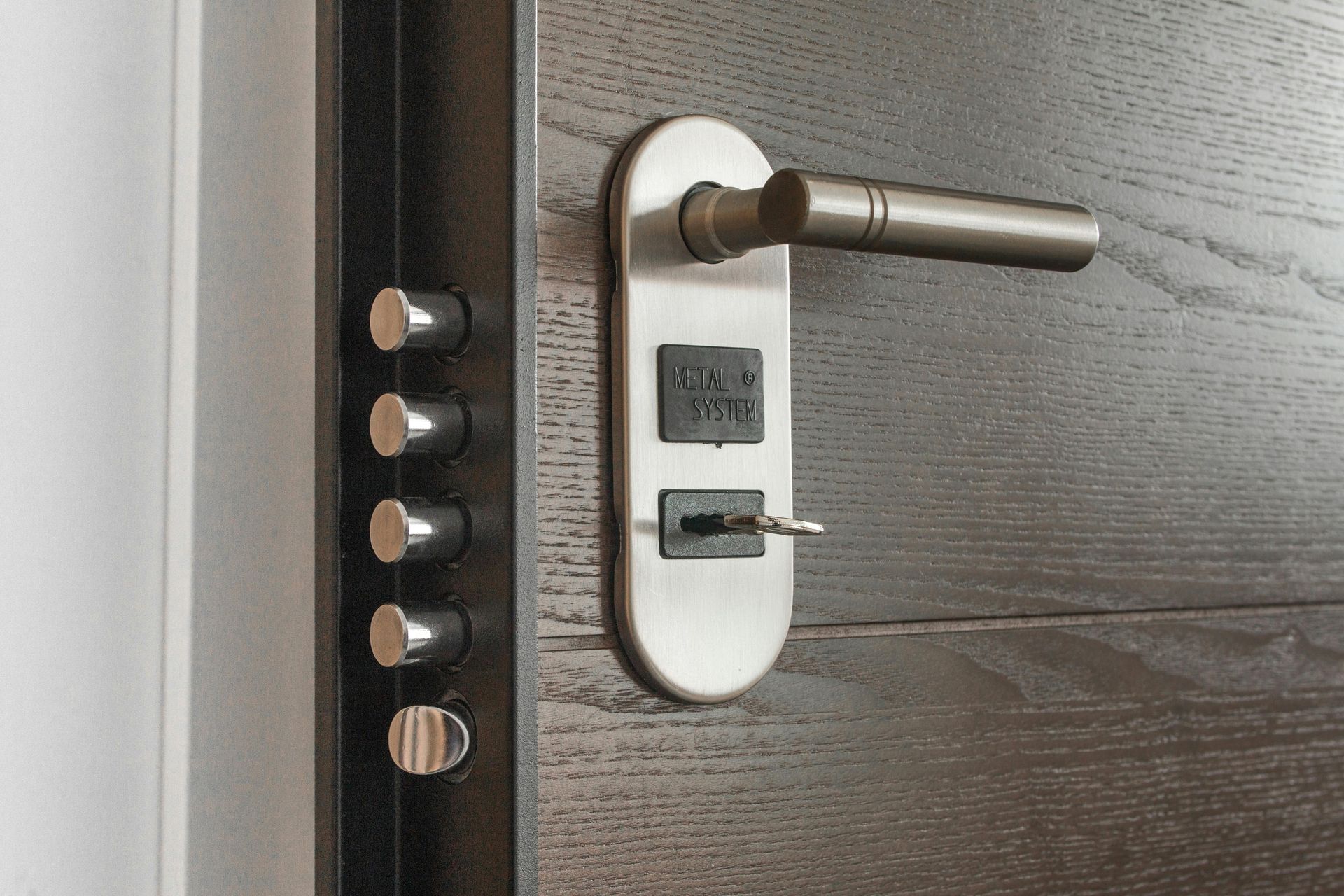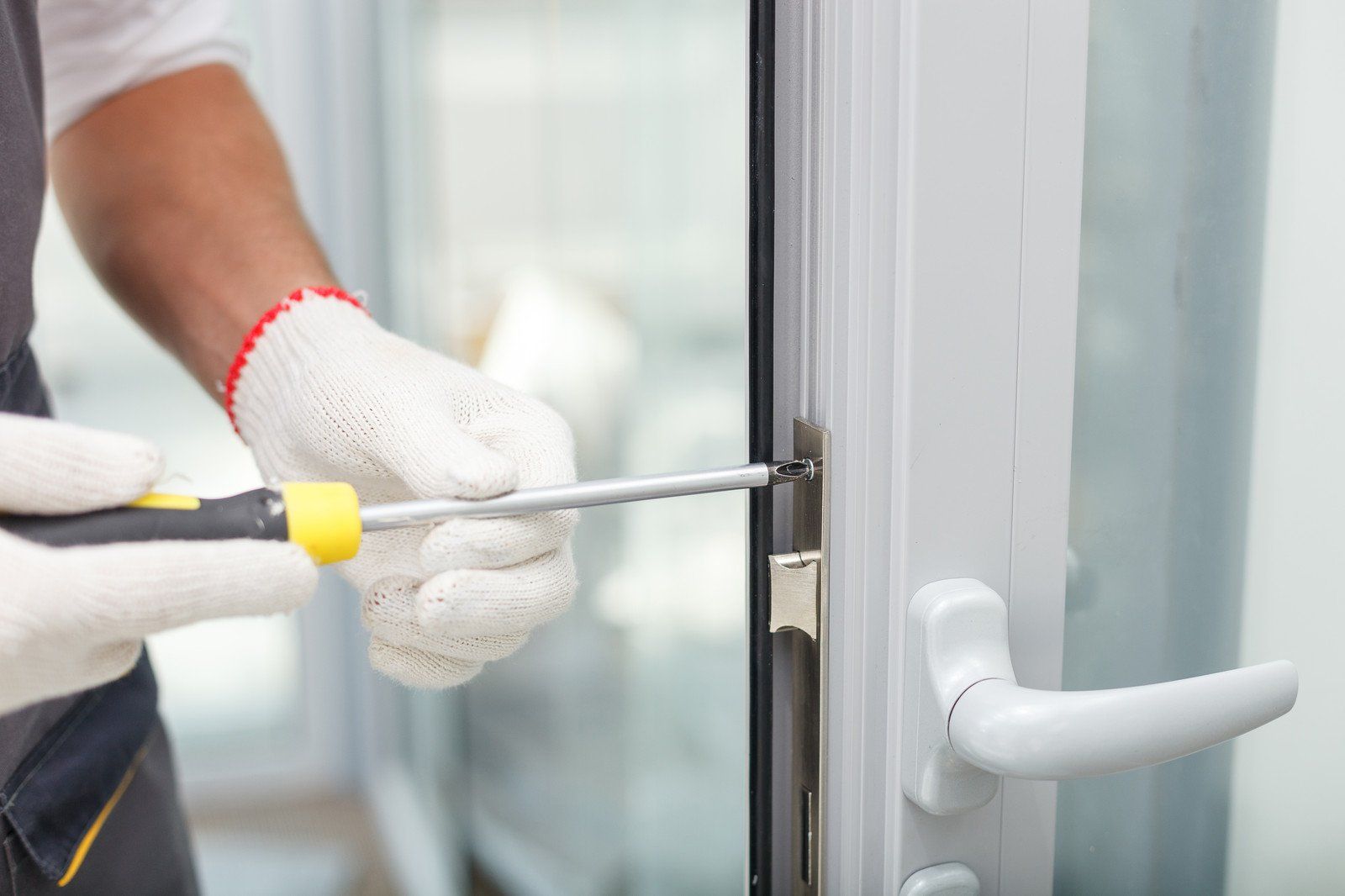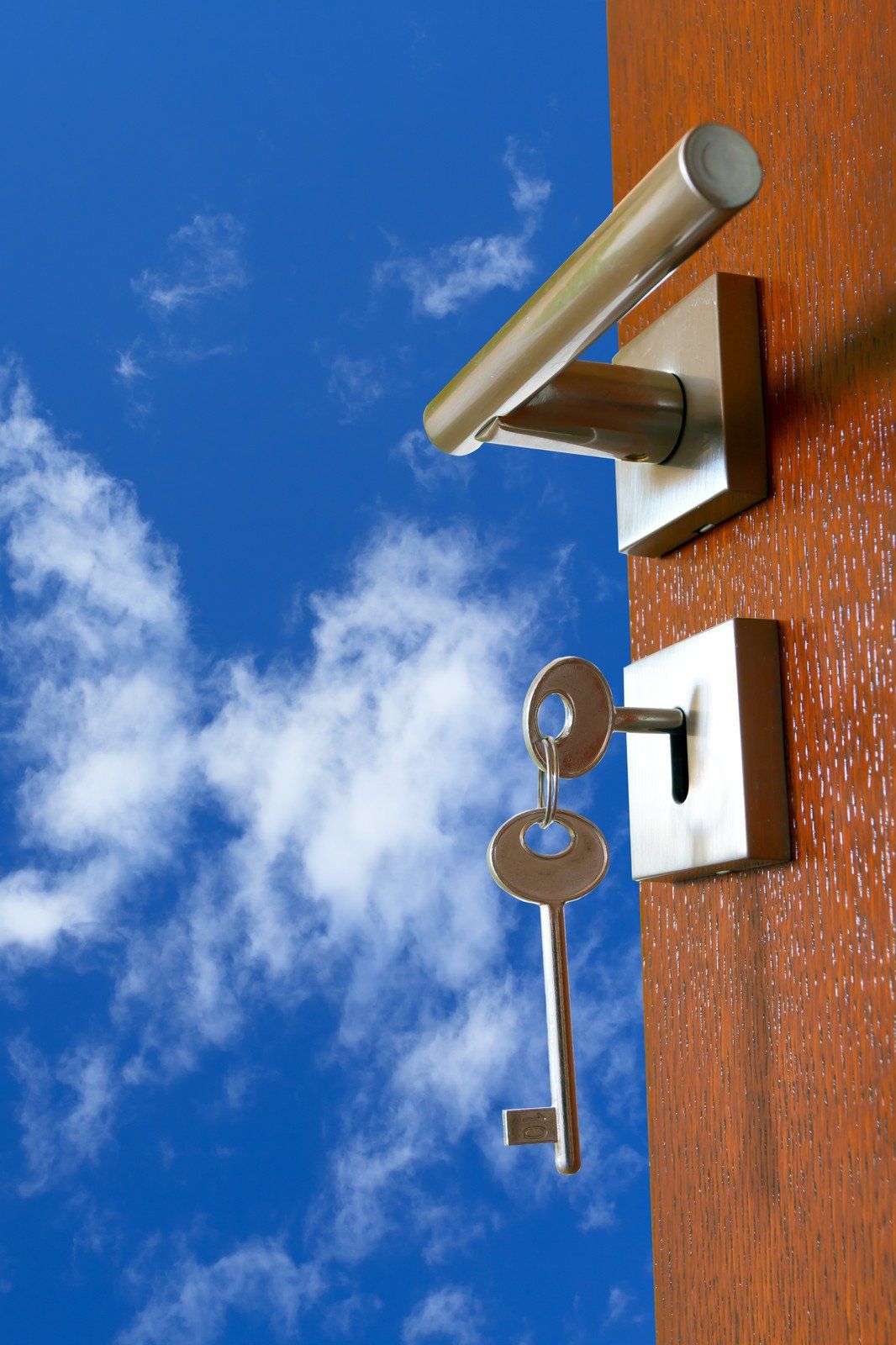




You never know when you might need to hire a locksmith in London .
It might be an emergency—You’re locked out of the house , the keys are left inside! – or it could just be that you feel the time has come to change the locks on your home, business, garage or storage.
Whatever the reason, it’s important to know what to expect when you call a Locksmith in London so that you receive the best service possible.
It’s important for you as a customer to know what to expect when you call a locksmith and it is important for budding locksmiths and certain cowboy locksmith companies to consider this information. This is so that as a customer you are receiving the highest quality of service. As a locksmith, this will mean you are providing a solid service to your customers and will avoid call-backs.
Once you call the locksmith, it is always advised to stop messing with the problem so that you don’t cause further damage or more work for the locksmith. For example, if you called a locksmith to help you remove a broken key from inside a lock, make sure that you do not continue to tamper with the lock as this could end up leaving the lock damaged. It’s also more likely to make the situation worse and force the key even deeper inside the lock. As a result - this will cost you more money in the long run.
The process is comprised of 7 simple steps that the locksmiths should be taking on each and every one of their jobs. Having this information as a customer will allow you to hold your locksmith to a higher standard of quality as well as just knowing what is happening behind the scenes when you call a professional locksmith. Having this information as a locksmith in London will help you provide the best service possible and avoid call-backs. With this list, you will be able to confidently call a locksmith and know that you are receiving the best possible care for your property.
1. Locksmith Callout
2. Dispatch
3. Update
4. Arrival/ Assessment
5. Locksmithing
6. Testing
7. Payment
1.You know your problem ( Locked-out , need a lock change , damaged lock ) and you now have found a locksmith you want to call. The next step is to call them and request assistance. Your call will most likely be received by a main office which acts as a central hub for the company and all the locksmiths. Centralised communication gives the company an opportunity to service larger areas and provide 24/7 service. During the call, you will be asked to provide your approximate location (for example, we will ask for the first 4 digits of your postcode), the nature of the service and your contact information.
2.The company’s main office will contact the locksmith directly for the area you are in . They will then give the information to the locksmith and dispatch them to your location. In most cases this only takes the main office no more than 3 minutes as the locksmiths are ready for call-outs.
3.Once the technician receives the job, that technician will call the customer. During the call, they will inform the customer of their estimated time of arrival and their location. This keeps the customer up to date on how the process is advancing, they can also advise to wait in a nearby café until the locksmith arrives if the weather is bad. The locksmith will then call again upon arrival.
4.The locksmith will arrive and greet the customer in a professional manner, introducing themselves and discussing the job scenario briefly. Once the technician has introduced themselves, they will assess the situation and determine what steps will need to be taken. The customer will be informed of what services are required, and a price will be determined and agreed.
5.The technical process starts. The amount of time that it will take to finish the job will depend on the service and situation. The reason for this is that each case is dependent on the lock, what service is required, and the number of tasks. During the locksmithing process, the technician will not harm any part of the building or door. Destructive entry is only used on the lock and the locksmith should always make sure he has a replacement on hand. Destructive forces are only used when there is no other way of gaining entrance to the property and is viewed as a last resort.
6.Once the locksmith has finished and cleaned the area he has worked in, he will call you or someone on site to test your locks. This is an important part of the process for good reason, should you have a new lock installed it may operate in a slightly different way. It’s at this point that the locksmith can walk you through the locks different functions and for you to test his work. This also ensures the locksmith has less call-backs as the product and labour has been tested, preferably multiple times.
7.Now the locksmith will collect payment. This will never be more than the agreed upon price at the start of this process. The locksmith on site will always confirm the price of the work and parts before commencing work, the amounts should be the same now. The locksmith will also provide receipt, most locksmiths will advise you to hold on to this for your warranty.
And that’s that. Whether you’re locked out , need a lock change , been burgled , the process should always be the same.
For lockouts there are a few extra details we thought we would add to the conclusion. Breaking into someone’s house is against the law and if the locksmith doesn’t request some sort of ID before unlocking the house to verify the address, he is an accomplice aka partner in crime…So, working as a locksmith, the technician needs to take a moment and check the ID… if you have no ID, questions can help. How did this happen? Where were you before this happened? Are you sure you do not have spare keys? If you find the locksmith is asking a load of questions that are similar to the above, he’s most likely trying to find out if you are in fact the resident of the property. Locksmiths are not allowed to be involved in any criminal activity. This means that as locksmiths, it is our job to make sure that we are not dragged into breaking the law. It is our responsibility to call the police, if this happens.
We hope this basic breakdown of calling a locksmith in London has helped, if you find you have any questions please feel free to contact us




